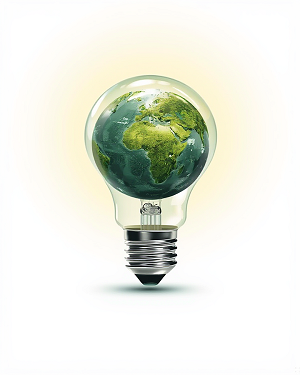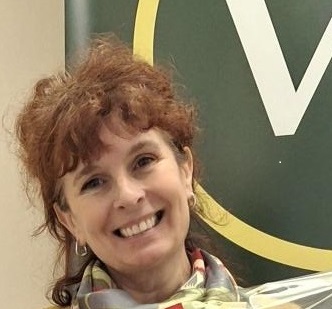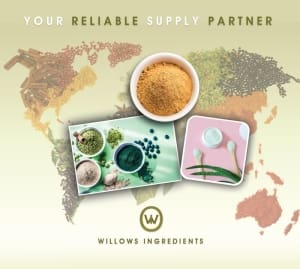Climate Action Programme
Willows Ingredients

When we were invited to take part in the BITC Climate Action Programme for SMEs, we saw it as an opportunity to step back and really understand what sustainability means for our business and for the wider industry we operate in.
“Sustainability” is a term that’s used a lot, but it can mean very different things to different people. For us, one of the biggest benefits of the programme has been learning to define it in a way that’s both authentic and achievable for Willows Ingredients. It is helping us move from broad ideas to specific actions that will have a tangible impact both on our business and on the planet.
“The Climate Action Programme has given us not just the tools but the confidence to move forward. It’s helping us make sustainability not just a commitment on paper, but a core part of who we are and how we operate”
Through the programme, we’ve gained greater clarity and focus on shaping our sustainability policy. We’re now better equipped to identify what real wins look like not just in theory, but in practice. We aim to create a sustainability strategy that is realistic, measurable, and firmly embedded in our day-to-day decision-making.
At Willows, we’ve deliberately built relationships with supply partners who share our values and demonstrate strong sustainability and ESG credentials. Our Managing Director and founder, David Scrivens, has over 40 years’ experience in the health and nutrition industry, and throughout that time he’s been a consistent advocate for working with partners that show real longevity and commitment to sustainable business models.
Long before terms like CSRD or ESG reporting became common language, David was focused on aligning with suppliers who prioritised traceability, accountability, and a positive impact on both people and the planet. Partners such as Huve Pure, Vinh Wellness, Pepcol, and Gelprime are excellent examples companies that understand that sustainability isn’t a box-ticking exercise, but a long-term responsibility.
Before this programme, we hadn’t really considered carbon literacy in a meaningful way. It sounded technical, even daunting. But the course broke it down into plain English helping us understand not just the terminology, but the mindset shift required to reduce our carbon impact truly.
Carbon reporting is a new and evolving area for us, and we are integrating it into our financial reporting processes to ensure transparency and accountability. Alongside measuring our direct (Scope 1) and indirect (Scope 2) emissions, we are developing systems to capture and assess our material Scope 3 emissions in line with the GHG Protocol and current CSRD requirements. Our value chain is complex, spanning multiple regions and partners, and we are actively engaging with our global suppliers to improve data accuracy, enhance visibility, and identify opportunities to reduce emissions across our shared supply chain.
Of course, the regulatory landscape from CSRD to CSDDD is constantly evolving. It can feel like a moving target, and in many ways, we’re all still learning. But what’s clear is that there’s a growing coalition of the willing, individuals, businesses, and communities all working towards the same goal. When millions of people make conscious, greener choices, the whole system begins to shift for good.
The programme is helping us to:
- Focus our sustainability goals on what’s most achievable and impactful for our business.
- Build the framework for a robust, actionable sustainability policy.
- Communicate more effectively with our internal and external stakeholders about our journey.
- Educate our teams and partners about what sustainability really means and how everyone can contribute.
Ultimately, the Climate Action Programme has given us not just the tools but the confidence to move forward. It’s helping us make sustainability not just a commitment on paper, but a core part of who we are and how we operate.
















